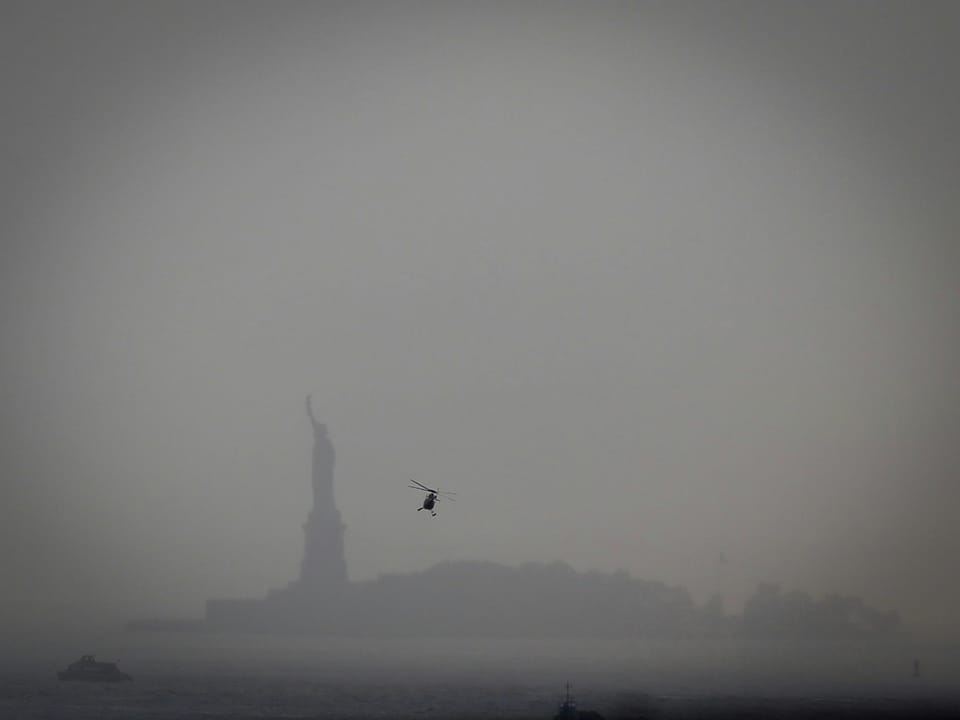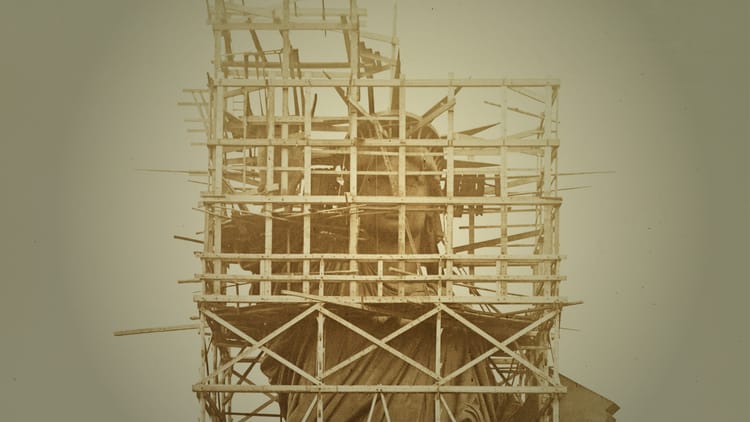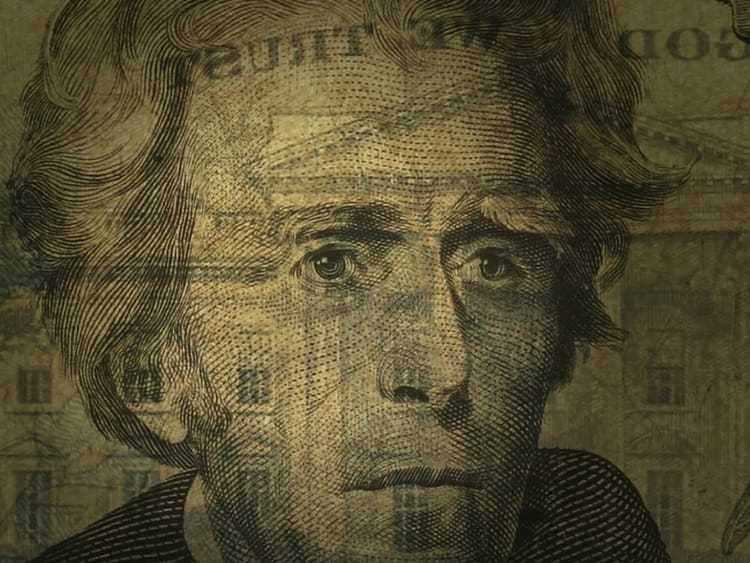Don’t panic

After the recent pro-Trump riot at the U.S. Capitol, along with the attempt by a number of Republican lawmakers to overturn President-elect Joe Biden’s election victory, a lot of conversation in the United States has gone to existential assessments of American democracy. Chuck Todd, the moderator of NBC’s weekly show Meet the Press, described the U.S. as a “democracy in crisis.” Ken Burns, the renowned historical documentarian, wrote for Politico that America was in the midst of its fourth great crisis. Social media was full of similar, ominous interpretations. What is happening?
Bill Scher is a contributing editor with The Washington Monthly. Scher says American democracy has passed “the ultimate stress test” during this presidential transition, showing the significant resilience of the U.S. political system. As much as Donald Trump’s presidency amplified a growing illiberalism in the Republican Party, Scher thinks there’s a real opportunity for America’s new president to win broad support for a popular, bipartisan agenda—and even begin to help depolarizing American politics as a whole …
Graham Vyse: You’ve recently made the case that the riot at the U.S. Capitol “underscored democracy’s strength, not its weakness.” How so?
Bill Scher: We have a constitutional system of government that still stands, despite having a sitting president actively trying to thwart it. There are plenty of governments in history where, if the person who holds the most power is trying to hold on to that power, no piece of paper can stop that person. In our case, we have a system crafted by the founders precisely so there wasn’t any excessive concentration of power that would allow for such autocracy to happen.





